
This article summarizes clinically relevant advances in the psychiatric care of women during and after pregnancy, including recent changes in how the FDA classifies pregnancy risk for medications, and best practices in perinatal psychopharmacology.

This article summarizes clinically relevant advances in the psychiatric care of women during and after pregnancy, including recent changes in how the FDA classifies pregnancy risk for medications, and best practices in perinatal psychopharmacology.

Researchers conducted a clinical trial comparing light therapy with antidepressant monotherapy. Here's what they found.

There is no one-size-fits-all solution to how people and cultures should respond to overwhelming stress, depression, and trauma.

Although college students are in many ways similar to any patient in their age group, their environment and stressors differ in significant ways. The authors identify issues to consider in assessing and managing suicidality in this population.

Researchers looked into the efficacy and value of TMS for treatment-resistant depression.

If serotonin was once American psychiatry’s “high school crush,” the field now appears wedded to a more mature model of biological and psychosocial understanding.

Comorbid medical symptoms, polypharmacy, and cognitive decline are hallmarks of depression in the fastest growing segment of the population.

An update on what happens in the brain when the mind is engaged in psychotherapy.

In the treatment of depression, clinicians are often faulted for failing to give an antidepressant medication at a high enough dose. What is high enough? Answering this question turns out to be tricky.

Food taken with which atypical antipsychotics discussed here may increase absorption?
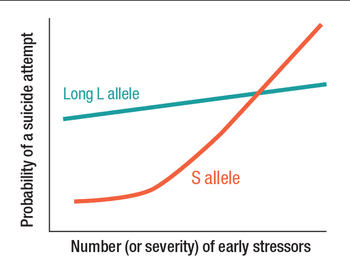
Striking findings on the relationship between stress and depression.

Twenty years ago, it was rare for college students to mention suicidal thoughts, and even more rare to involve parents in their care. Today, students are more likely to describe suicidal ideation, necessitating a more thorough safety assessment with potential outreach to parents.

Experts summarize data on the role of inflammation in psychiatric disorders, emphasizing that evidence for anti-inflammatory treatment for mood disorders is limited, and mixed.

Impulsivity has long been thought to be an important risk factor for depression and suicide. But recent research suggests that the reality might actually be counterintuitive.

Recent studies find powerful biological changes associated with mind-body interventions comparable to those associated with conventional antidepressants or psychotherapies.
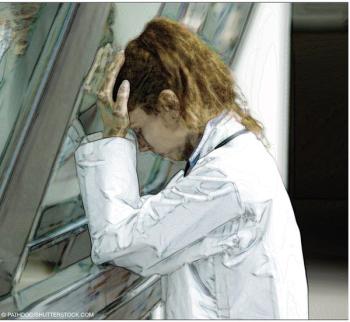
Over the past 10 years, a growing literature has documented the significantly increased rates of stress, burnout, depression, and suicidal ideation in medical students.

Dr David Osser offers compelling reasons why you might want to take a look at these 7 algorithms, each of which offers actionable consultations-usually in under 2 minutes.

Circadian components are profound in depressive disorders, such seasonal affective disorder. This article introduces a course to be given at this year’s APA Meeting in Toronto, on melatonin and light treatment.
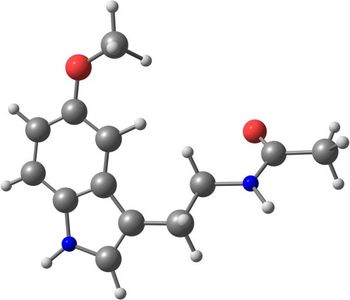
The SRT polymorphism is one of the most well studied genetic variations affecting mood disorders. Once personal genetic information is readily available, can we help patients understand the implications of their results?

In the US, depression ranks fifth in the number of disability-adjusted life years lost due to illness and employment problems often persist, even if help is sought. Helping those who want and/or need to work is part of providing comprehensive, patient-centered care.

An overview of the largest study to examine persistent pulmonary hypertension in newborns (PPHN) exposed to antidepressants late in pregnancy.
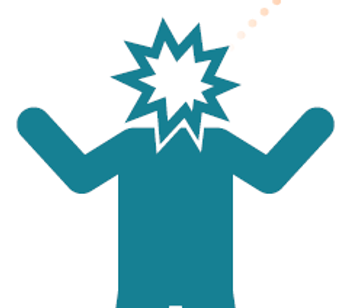
Combination buspirone and melatonin exert therapeutic cognitive effects that are distinct from their antidepressant effects, according to a recent study.
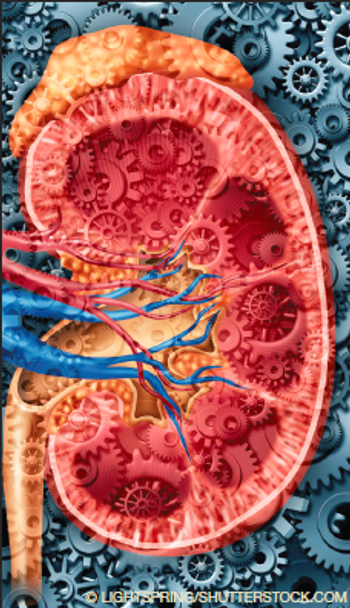
Renal failure is not an uncommon disorder either in the general public or in patients with psychiatric disorders, but accompanying depression, anxiety, and loss must be attended to during such an illness.
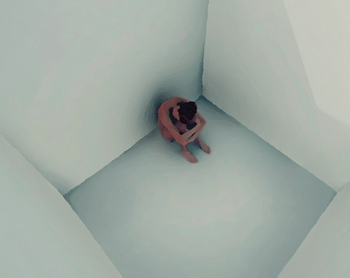
Findings on mood disorders, and the disability associated with it, speak to the need for effective treatments for depression.

Depression and diabetes can prey on the shortcomings of our health care system, such as fragmented, episodic care and poor continuity. Coordinating care can be fraught with difficulties, but it is the goal of many current efforts in health care reform.